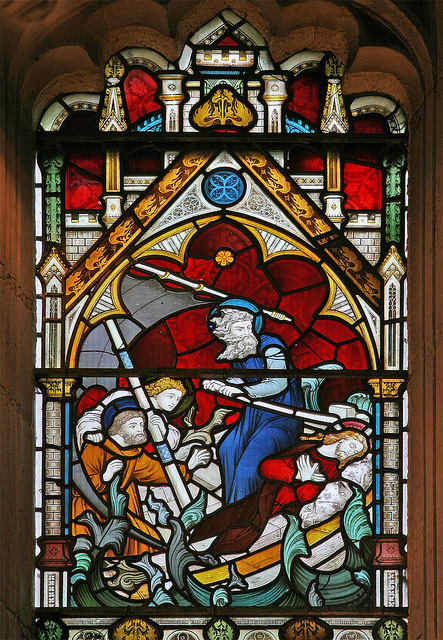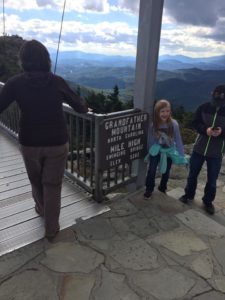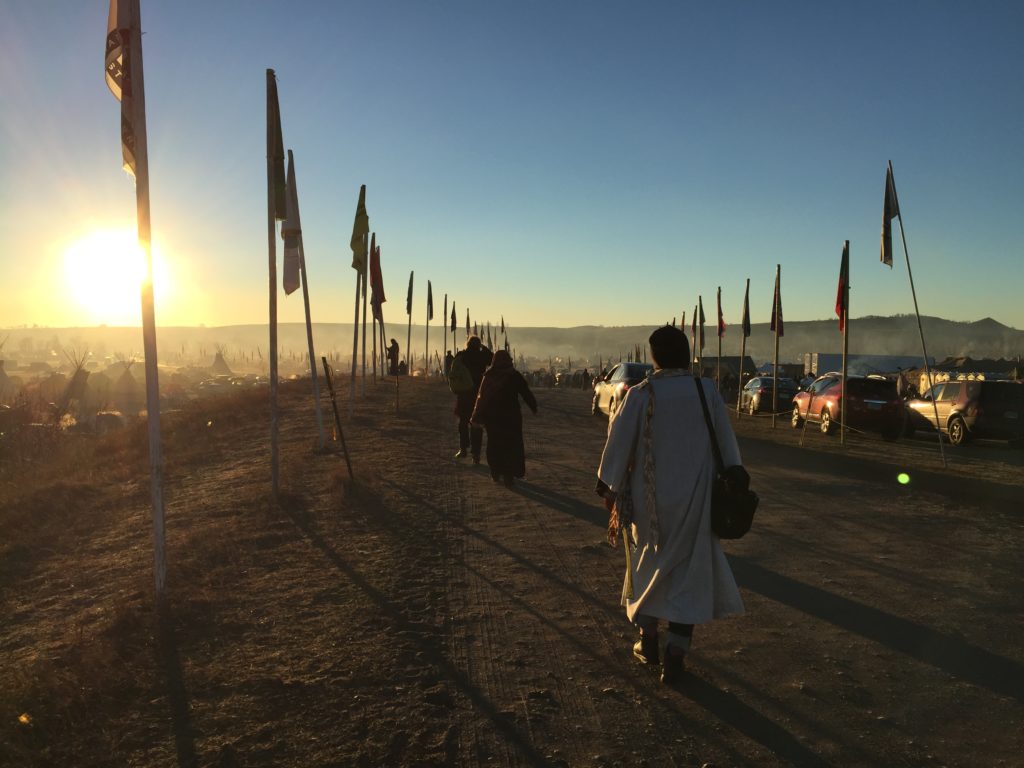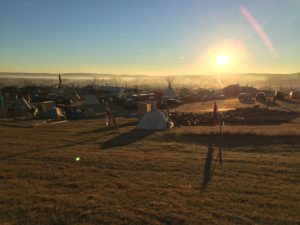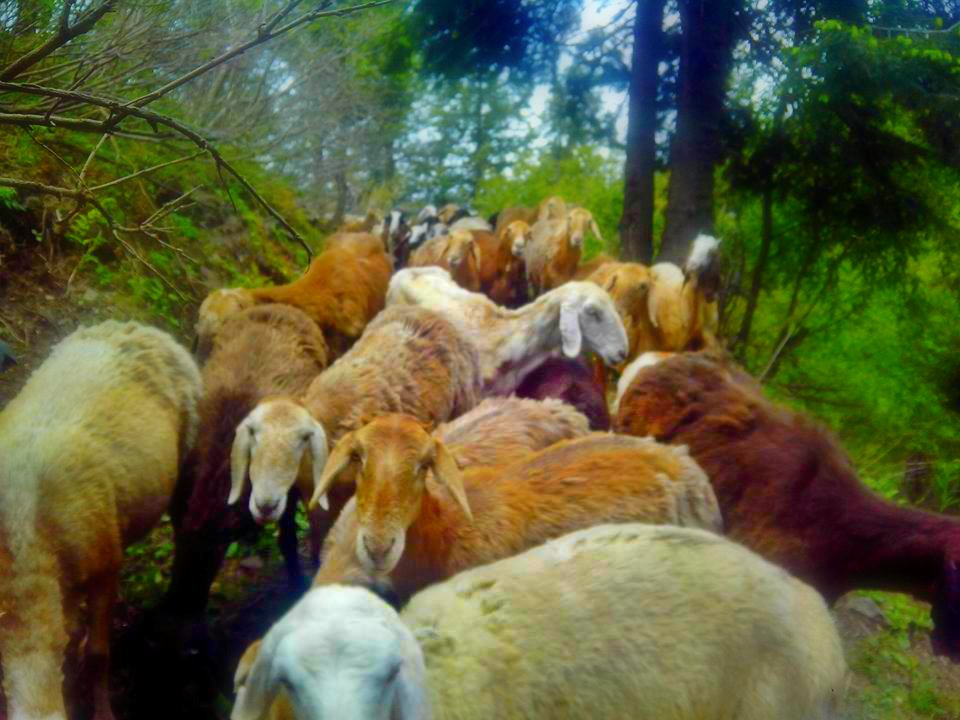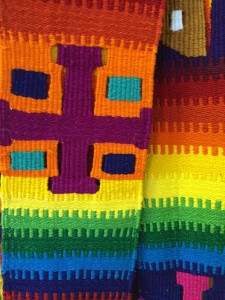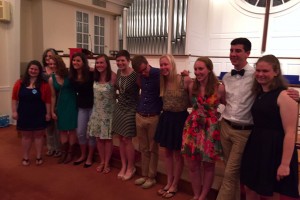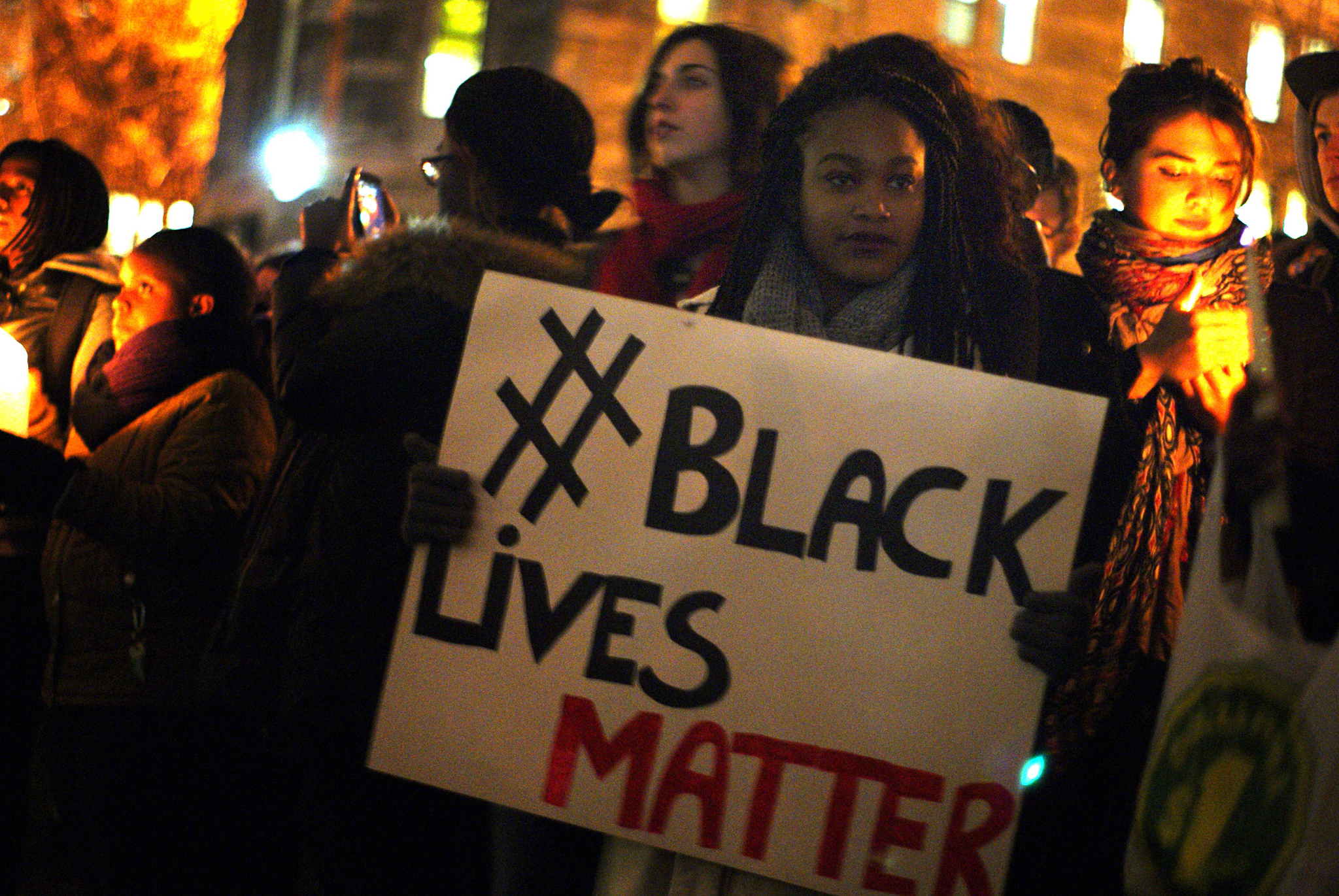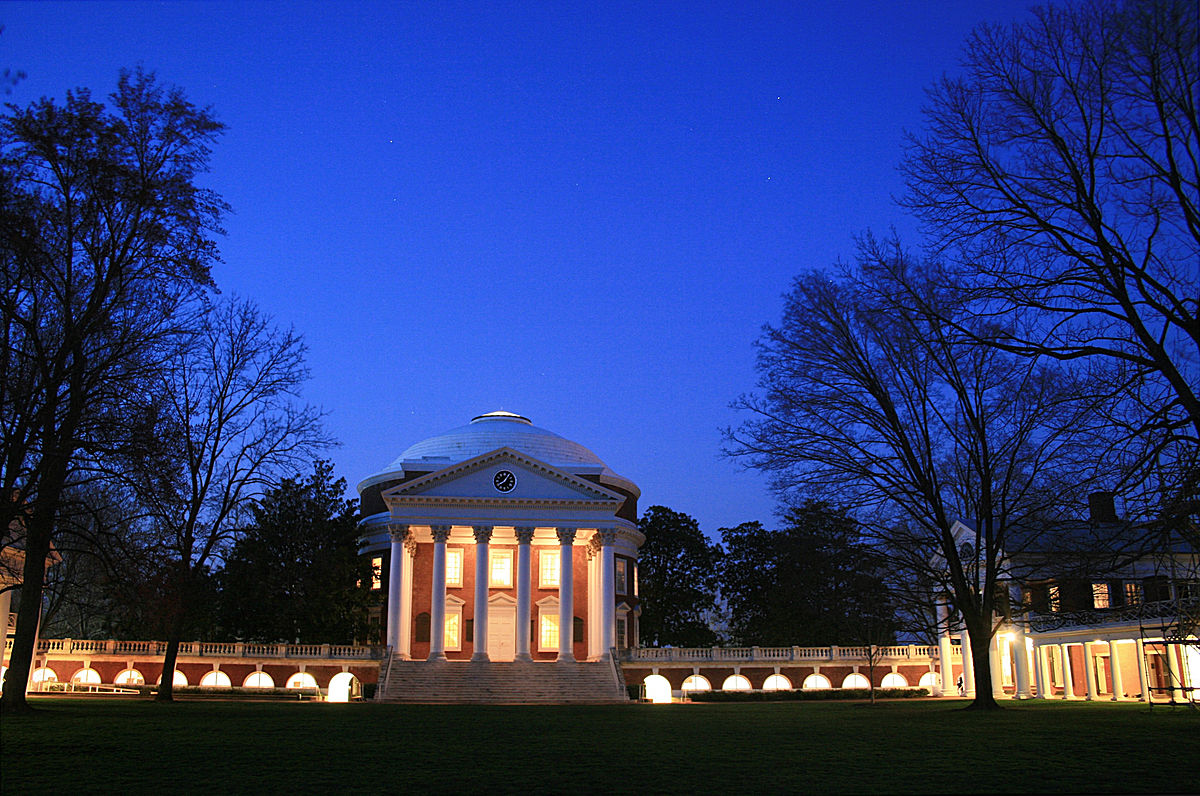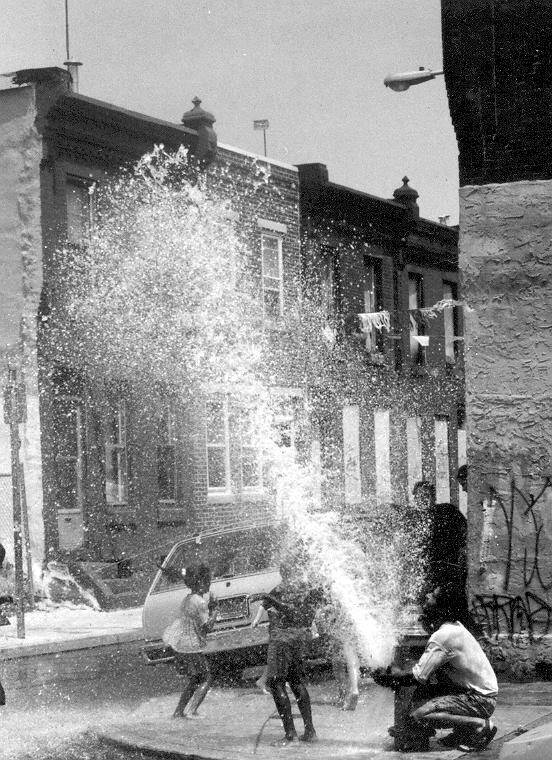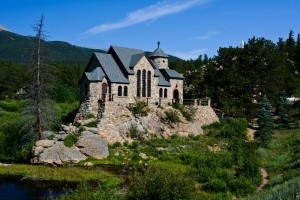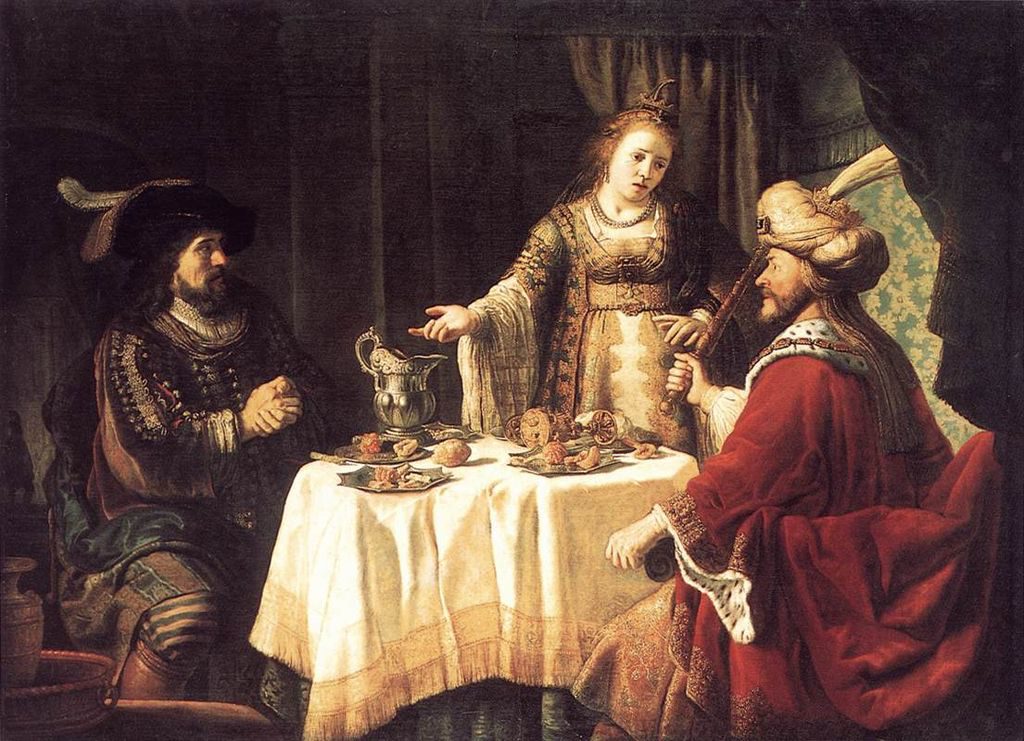
A sermon preached on Esther 7: 1-10; 9:20-22, on September 23, 2018, at the Wesley Foundation at UVA[1].
“For such a time as this.” That’s the money-phrase from the book of Esther. She finds herself in the middle of a situation she did not choose or create. She is one of the people with the least power or choice about what’s happened to her and what she sees taking shape around her. And she isn’t someone who’s naturally inclined to pipe up and insist on changing the course of things. It is certainly not her idea to do so, and it takes her some time to agree that she should. But she looks around at herself and her situation, and those words — Who knows? Perhaps you have come to royal dignity for just such a time as this[2] — epitomize her placement, perspective, and power.
It was hard for me not to think of Dr. Christine Blasey Ford while considering Esther’s story this week. If you’ve been following the news you know that Ford is the woman who came forward to say that the current Supreme Court nominee, Judge Brett Kavanaugh, sexually assaulted and attempted to rape her while they were both in high school. It was hard to miss this news. And it has been very hard news to hear and contemplate and sit with.
Ford’s story is very different from Esther’s, but what they have in common is a willingness to step up to a hard task because they were uniquely situated to do so. They both exhibit the ability to recognize and use the (limited) power they have to make a choice and try to set things right.
This is not a sermon about the Supreme Court and it’s not about politics. It’s about plans and the lack thereof. It’s about hope and agency. It’s about a story.
The king of Persia is used to getting anything or anybody he wants and one of those is a beautiful wife named Vashti. Well, when the book of Esther begins this king is giving a 7-day-long party. It’s a big blow out and the king is having a great time showing off his power and riches when he decides to call for Queen Vashti. He wants her to come before him wearing all her finest clothes and jewels. But something unexpected happens: Queen Vashti refuses.
The king is so confused by this – nothing like it has ever happened to him before – that he actually has to summon his wisest counselors to consult with him. The men he gathers around him decide that if the queen can flaunt the laws and customs of their society like this, then surely she’ll give other women bad ideas about how to behave. They are going to need to nip this is the bud. So Vashti is banished and it is decided that her title will be given to someone else more suitable.
All this happens in the book of Esther before Esther shows up. But here she comes.
Esther, a Jewish orphan, was raised by her cousin Mordecai. Mordecai hears about the king’s search for a new queen and he takes Esther to the palace to try out like the rest of the girls. “One thing,” he tells her, “There’s really no need to mention you’re Jewish. Just keep it to yourself, ok?” You can probably see where this is going. Of all the beautiful young women, the king chooses Esther to be his replacement queen for the ousted Vashti.
So while Esther is getting used to her new palace digs, cousin Mordecai encounters the king’s right hand man, Haman. Mordecai was spending a bit of time around the palace gates, just to make sure Esther would be ok and maybe to say “hi” every now and then. Along comes Haman, who particularly likes the royal rule that orders all who are at the palace gates to bow any time anyone from the royal court came by. But on this day he happens upon Mordecai, who is the only one at the gates who doesn’t bow. Haman is furious and orders his people to find out why this man so flagrantly disobeyed the royal rule. When word comes back that Mordecai won’t bow to him because Mordecai is Jewish, Haman determines that Jews are not to be tolerated and begins plotting to bring about their demise. In fact, he convinces the king that they need to kill all the Jews in the land.
When this plot comes to light, Mordecai sends word to Esther and expects her to intercede with the king on behalf of all the Jewish people. Her note back to Mordecai says, “You know that an audience with the king has to be at his initiative; he has to hold out the scepter to me before I can approach. I can’t just go in there. I really don’t think it will work. Sorry.” Sensible, by the rules. She knows her place and who’s got the power.
Mordecai’s next note is a little more direct. He writes, “Do not think that in the king’s palace you will escape any more than all the other Jews. For if you keep silence at such a time as this, relief and deliverance will rise for the Jews from another quarter, but you and your father’s family will perish….Who knows? Perhaps you have come to royal dignity for just such a time as this.”[3]
Confronted with this hard truth and perhaps a sense of her own calling, Esther sends word back to Mordecai asking him and all the Jews he knows to fast for 3 days while she and her maids do the same, in preparation for her conversation with the king. She’s now willing to make the request and to accept the consequences. “I’ll go,” she says, “and if I perish, I perish.”[4]
After three days she puts on her finest clothes and goes to stand just at the edge of the king’s inner court, hoping to catch his eye and to be invited in. The king notices her instantly and asks her in to talk. When Esther tells him that her heart’s desire is to host both him and his right hand man Haman at a dinner, he says “yes” at once.
Like a lot of good plans, apparently this one takes time, because it actually takes a couple of dinners for Esther to pop the question. The first night, after the conversation and the fine meal, the king bursts out his appreciation and says to his queen, “Whatever you want is yours, even up to half of my entire kingdom. What is it that you want?”
Esther bides her time, and says, “Sweetheart, what I’d like is to have you and Haman back for another dinner tomorrow night. Would that be all right?”
So the next night the king and Haman show up at Esther’s quarters again.
Allow me to pause here and fill you in on how smug Haman is after the first dinner. He’s on his way home that night and his jubilant mood turns sour when he sees Mordecai loitering at the palace gates. So he stomps home and – after telling everyone in the family and the neighborhood how he was hanging out all evening with just the king and queen – issues the order to build a huge gallows in his front yard. Thiswill be for that pesky Mordecai!
But that very same night the king peruses the royal records and comes across the information that someone named Mordecai had thwarted his assassination. He asks around and finds that this great deed was not properly recognized. Haman is back at the palace, high on anger and gallows-building, when the king brings him in to his chambers. “What would be a great way to honor someone who’s done wonderful things for the king?” the king asks Haman, who, of course, assumes the king is talking about him.
Haman doesn’t hold back. “Well, I really think no expense should be spared. Here’s what should happen: Get some of your own royal robes, ones that you’ve worn yourself, along with a horse which you yourself have ridden. Then get one of your crowns. Next instruct one of your noblest officials to drape these garments on the one to be honored, along with the crown, and conduct the man on horseback through the center of the city for everyone to see.” “Great idea!” says the king. Then he says, “Haman, go and do just what you’ve said. You’ll find Mordecai outside at the gates: Do all this for him.”
As you can imagine, this is not well received.
Back to banquet #2. The king and Haman enjoy the second fabulous feast. The king is overcome with joy and gratitude again, and again he offers Esther anything she wants, up to half of his entire kingdom.
“If I’ve won your favor, I ask for my life and the lives of my people,” she says simply.
The king asks who is proving to be such a menace and she answers that it is he himself and Haman.
Now the king is in a real bind when he realizes that she is a Jew and that he himself has issued an order to kill her and everyone like her. He leaves the room to walk around the garden for a few minutes and think.
While he’s out, Haman sees that things really aren’t going his way, so he throws himself at Esther’s feet, begging for his own life from one of the very Jews he pledged to destroy. The king re-enters and uses Haman’s prone posture as an excuse… or he assumes the worst… or he surmises the situation correctly… He accuses him of trying to make time (or worse) with his wife while his back is turned and immediately sentences him to death on the gallows he built for Mordecai.
Then the king sends word to all his armies and officials to let them know the hunt is off and the Jews are spared.
Though she ended up with the title of “queen,” Esther had hardly any power in that role. If the king were telling this story, he might have referred to her as “play thing #2,” after referring to Vashti as “that horrible disrespectful bitch.” Or, maybe he would have called her his “beloved wife.” Might have depended upon his mood, how drunk he was, and whether other kings were listening when he said it. He probably wouldn’t have called this biblical book, “Esther,” centering a foreign, powerless, woman. He probably would have called it something like “The King Decides to Save the Jews.”
I said this sermon is about hope and agency. Which means it’s also a sermon about stories. In yesterday’s New York Times, speaking about what’s unfolding in Washington and what it means for all of us, Jennifer Weiner wrote this: “Stories matter tremendously. They’re how we learn about who is real and who’s less consequential; whose pain is important and whose, not so much; who is the hero and who is merely the hero’s reward.”[5]
In this biblical text where God is never mentioned by name, God gives us the gift of seeing how the overlooked, undervalued, marginalized, and powerless are none of those things in God’s eyes.
There are many ways to tell the story of “what happened.” In retelling this one, I could have focused on the sinful pride of Haman (which is abundant), making this story a cautionary tale for those of us who lust for that kind of power-proximity and think of some folks as “the little people.” There’s room for that story, too. But right now, the women are screaming to be seen and heard. Right now, I’m most interested in the story of Vashti, who kicks off the book of Esther by saying a simple “no.” I want to spend more time considering the stories of Esther, Anita Hill, Christine Blasey-Ford…. I want to think about why it’s so hard to tell these stories within the usual storytelling frames (and Bible studies and sermons) we use.
The Bible is the startling, challenging, beautifully surprising, mysterious, maddening, all-wrong-by-human-standards story of God’s presence in the midst of every single one of our stories. It’s a story about looking – sometimes with great tenacity and a “hermeneutics of suspicion” – underneath and behind what’s said, to be certain you can see all of what’s happening….and to be closer to hearing God’s words, as pronounced by fallible, socially situated, sinful folks like the writers of every book in the Bible and every preacher – including this one – whom you’ve ever heard trying to retell those stories.
God gives us stories like this one for such a time as this one we find ourselves in now. Who are we listening to? What are we hearing? What are we going to do about it?
Thanks be to God!
*
Photo credit: The Banquet of Esther and Ahasuerus, Jan Victors [Public domain], via Wikimedia Commons
*
[1]Portions of this sermon retelling the story from the book of Esther were preached originally in 2006 and 2009.
[5]Quoted from “The Patriarchy Will Always Have Its Revenge” by Jennifer Weiner, published on September 22, 2018 in The New York Times.

